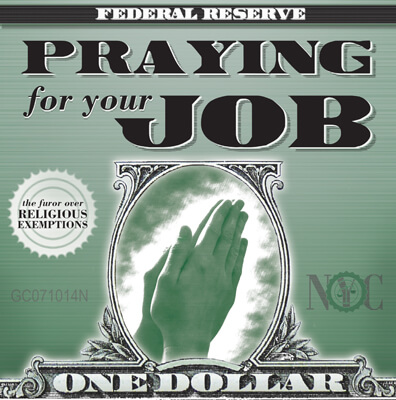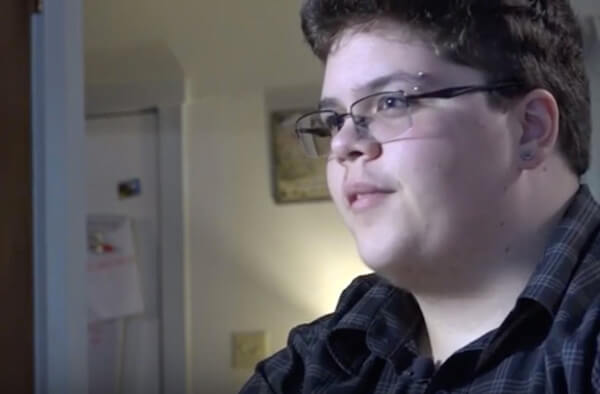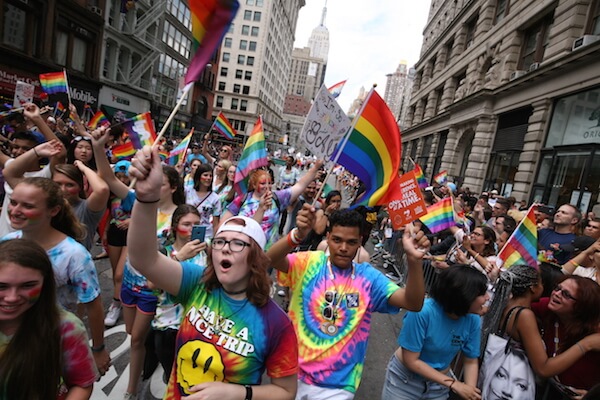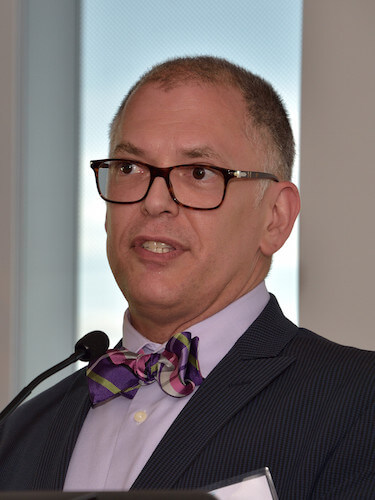ILLUSTRATION BY MICHAEL SHIREY
Three years ago, shortly after enactment of New York’s marriage equality law, I had the opportunity for a one-on-one interview with Governor Andrew Cuomo about the hands-on role he played in the fateful final days leading up to that measure’s approval by the Republican-controlled Senate.
One critical factor in his negotiations with a small group of GOP senators — four of whom voted yes, providing the margin of victory — was language spelling out the rights of religious congregations to be free of any obligation to marry couples they did not wish to.
When I asked the governor about the deliberations over “religious exemptions,” he made a point to tell me, “I will say, gratuitously, that it’s a trap for the gay community. There is no reason for the gay community to alienate the religious community.”
Discussions I had at the time with legal advocacy groups, including the New York Civil Liberties Union, persuaded me that the religious exemption provisions that made their way into the marriage law were not in fact problematic. NYCLU’s Donna Lieberman was emphatic in telling me that faith-affiliated groups won no new “exemptions” or privileges to discriminate.
In a broader sense, however, I think the governor was wrong. Of course the LGBT community need not alienate friends or potential friends among faith communities. But it would be naïve for us to forget that some religious groups are indeed hostile to our interests. And that, as the culture wars continue to rage — even if our opponents represent the attitudes of an ever-shrinking share of Americans — they are stepping up their efforts to enshrine in law whatever discrimination against us they can.
Ironically, the right wing’s hysteria about “religious freedom” and their demands for “religious exemptions” represent something of a rearguard effort. At one time, by smearing us as sick or as threats to their children or as a group seeking “special rights,” anti-gay forces tried to deny us basic civil protections altogether — in our personal safety, in employment, in marriage.
But in 2014, it must be clear even to them they are losing that fight.
So now they are the ones seeking special rights — rights, privileges even, that protect them from following the same rules governing the rest of society and that allow them a secure zone where they are free to discriminate against LGBT people.
LGBT rights is not the only area where “religious freedom” is raised as a battle cry to curtail the freedoms others enjoy. We need look no further than last week’s unconscionable Supreme Court ruling that found that even private corporations can use religious freedom as a way to evade their responsibilities under law — in this case, to provide their employees access to reproductive healthcare otherwise required by the Affordable Healthcare Act.
While it is stunning that the high court so radically expanded the notion that a corporation has rights as “a person,” it is not surprising that the religious right is as hostile to the reproductive autonomy of women as it is to the dignity of LGBT people.
What is unique in the right wing’s use of religious freedom arguments in battling the LGBT community, however, is the assertion that civil rights laws should treat us differently than they do any other group in American society. Under the 1964 Civil Rights Act and provisions of law and policy that followed, religious groups have been granted leeway in making some religious distinctions in their hiring. They have not, however, been allowed discretion in adhering to other civil rights requirements — those, for example, barring racial or sex discrimination.
When right-wing religious activists and Republicans argue that the proposed Employment Non-Discrimination Act or the president’s pending executive order barring sexual orientation and gender identity discrimination by federal contractors must incorporate exemptions allowing employers to opt out based on their religious objections, that is wholly unprecedented practice in civil rights law.
What they are saying, in effect, is that Americans of all stripes deserve civil rights protections, but that the protections enjoyed by LGBT Americans will be different and lesser than those afforded everyone else.
That is unacceptable and it’s un-American.
As a long-marginalized community, we too often give in to the instinct to negotiate against ourselves in the hopes of gaining some ground in a very long game. That has been our mistake with ENDA to date, with our leading advocates co-signing a religious exemption that is far too broad. The change in posture staked out this week by the Human Rights Campaign and other leading LGBT groups suggests we have recognized the error of that path and are willing to alter our strategy.
I hope that finding our own backbone can serve as prelude to our insisting that our progressive friends find theirs. The right wing may be making their religious freedom arguments from a defensive crouch, but they are remarkably effective in influencing the public discourse.
Cuomo apparently found it politically shrewd to emphasize his view that gay rights advocacy should be careful not to antagonize religious sentiment. When an upstate town clerk refused to carry out her legal obligation to issue same-sex couples marriage licenses, the county district attorney offered Gay City News something of a shrug and Attorney General Eric Schneiderman, like Cuomo a reliable ally, declined comment altogether.
Mayor Bill de Blasio, an otherwise outspoken progressive, refuses to acknowledge any problem in allowing church congregations to use public school space for religious services, despite clear evidence the practice is at odds with the principle of and crying need for church and state separation.
And now we wait on the ally-in-chief, President Barack Obama. Will he hang tough in his federal contractor executive order for the principle that all employers must follow the same rules? Or will contractors who make religious exemption claims be given special privileges to discriminate? It would be a breach of faith with the LGBT community for the president to promise us long awaited executive action only to force some of us to pray for our jobs.





































